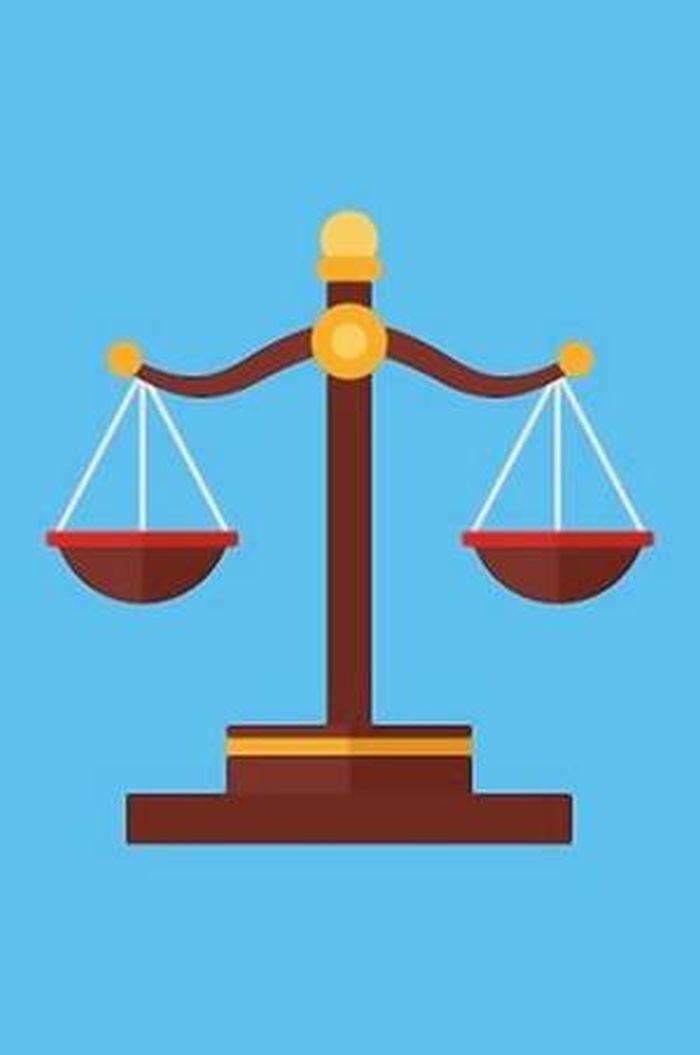By: Markandey Katju
Article 21 of the Constitution places the personal liberty of citizens on the highest pedestal, and so it is the duty of our courts to protect it. However, two recent decisions of the Supreme Court suggest that the court may not be showing sufficient zeal in upholding liberty.
In Romila Thapar v. Union of India, the case concerning the Bhima-Koregaon accused, the court should have applied the ‘clear and present danger’ test of the celebrated Justice Holmes of the U.S. Supreme Court (followed by the Indian Supreme Court in Government of A.P. v. P. Laxmi Devi, vide para 79), or the ‘imminent lawless action’ test of the U.S. Supreme Court in Brandenburg v. Ohio (followed by the Indian Supreme Court in Sri Indra Das v. State of Assam).
If it had done so, it would have held that the actions of the accused in the Bhima-Koregaon incident, even assuming the charges to be true, could not have posed any clear and present danger of a violent uprising, and after holding so, the court would have quashed the proceedings against them, and consequently released all the five accused forthwith.
In Abhijit Iyer-Mitra v. State of Odisha, the Supreme Court refused bail to the petitioner saying that his action hurt religious feelings, an offence under section 295A of the Indian Penal Code. But on the principles laid down by the court in State of Rajasthan v. Balchand and other decisions, bail should have been granted. There was no likelihood of the petitioner tampering with the evidence or fleeing from justice. Also, the offence was not as grave or heinous as murder, or gang-rape. All that the petitioner did was to tweet some satirical remarks about the Konark temple, and he clarified in later tweets that he was joking. It is true that the tweets were indiscreet because many Indians do not understand satire, but the court could have laid down the condition in its order granting bail that the petitioner should not repeat such remarks, which could hurt religious feelings, and if he did that the bail could be cancelled. It was certainly not a case deserving rejection of bail altogether.
In Ghani v. Jones (1970) 1 Q.B. 693 Lord Denning observed: “A man’s liberty of movement is regarded so highly by the laws of England that it is not to be hindered or prevented except on the surest grounds.” This view was followed by the seven-judge Constitution Bench of the Supreme Court in Maneka Gandhi v. Union of India and is therefore the law of the land. It is unfortunate that the Supreme Court now seems to be deviating from its own precedents. In the present political climate, it is imperative that the court uphold civil liberties lest another Emergency descend upon us.
The writer is a former Judge of the Supreme Court
Courtesy The Hindu




